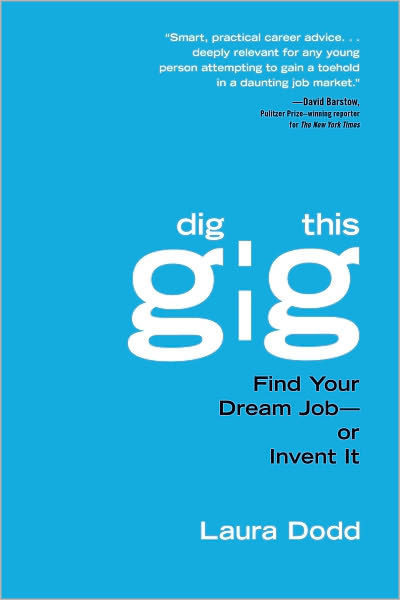Sixteen Questions for Dr. Bernanke’s Press Conference
Mmmm… I live near DC, but what does it take to get an invite to the Fed’s press conference?? One e-mail, four phone calls, four messages… and not even the courtesy of a reply?? What, does the Fed think they run this place?!? (Uh, maybe.)
I mean, it would be reasonable to receive a response that says, “Sorry, bloggers are NOT a part of the press, no matter how much reach you have.? We only deal with REP-utable media.? You are not an impartial reporter of information.”? But being ignored is just tacky.
I’m assuming that I will have no access to the press conference.? So, I’m writing out a list of questions that those in the press can use if they like.? Some questions are normal ones, some less so.? To those that follow me that may have contact with those who are invited to the press briefing, I ask that you pass the questions along to them.? Thanks.
1) Why has the NY Fed’s open market’s desk been buying predominantly intermediate nominal Treasuries, but with TIPS, predominantly the long end?? Is the Fed trying to purchase a long-dated inflation hedge?
2) Growth in developing world means more competition for food and energy supplies, and other commodities, which are forcing prices up in those areas.? Why does the Fed focus on so-called “core” measures of inflation, when food and energy prices (though volatile), always seem to go up more than the “core?”
3) If you are trying to smooth out fluctuations in inflation, wouldn’t it be better to use the median or a trimmed mean, rather than ignore data, particularly data that minimizes the effect of inflation for households for which food and energy are a large portion of their budgets?
4) In 1992-1993, the Fed held the Fed Funds rate down at levels that produced a very steep Treasury yield curve.? When the Fed began tightening policy, in 1994 the bond market had annus horribilis, with a self-reinforcing sell-off in the Residential Mortgage-Backed Securities market.? As you begin removing policy accommodation, what assurances can you give that we won’t have a similar selloff?
5) How are you regulating banks differently now than you were in 2005?
6) Why did the Fed resist legitimate FOIA requests so vehemently?? In the insurance industry, every asset is public.? Why did the Fed and the banks resist disclosure of items that should have been regarded as trivial?
7) Why did state-regulated insurers come through the crisis better than federally-regulated depositary institutions?
8) Why does the Fed employ so many Ph.D. Economists when the economics profession proved incapable of forecasting the recent crisis, when all anyone had to do was look at overall debt levels relative to GDP to see that we had surpassed the levels of the Great Depression?? Why employ so many from a failed area, when it would be better to hire History Ph. Ds. who might note the problem?
9) Why is the Fed so big in terms of employment, when all you do is set monetary policy, and pretend to regulate financials?? Why can’t the Fed? be slimmed down to provide a greater payback to the US Treasury?
10) Are you concerned that the Fed’s balance sheet is a record 16-17% of US GDP?? If you begin to shrink your balance sheet, what will the effect be on the banks, lending and the general economy?
11) Some suggest that the removal of liquidity will prove difficult.? So far the Fed has minimized price inflation, but how will you manage the removal of accomodation from QE2, particularly if inflation begins to accelerate?
12) If you find the US in stagflation one year from now, how will your policy be different from that of the Fed in the late ’70s?
13) What evidence is there that quantitative easing works?? Japan is still a basket case, and they have done it the most.? Ignore theory, and give concrete examples.
14) Quantitative easing has forced investors to take more risk, particularly retirees who need income.? Is it fair to engage in an economic policy that is unfair to investors and seniors?? Why harm savers who deserve a good return on their savings?
15) Don’t you think that holding interest rates so low just builds another bubble?? Low interest rates relative to growth in GDP often fosters speculation that blows up once the economy overheats and the Fed adjusts policy.? Why engage in such policy?? Why not aim for something more sustainable, a la Knut Wicksell?
16) Why is the Fed sucking down 50% of the US Government’s issuance of debt?
-=-=–=-=-==–=-==-=–==-=–==-=-=-=-=-=-=-
Okay, so I am biased and not politically realistic.? Yet I am trying to be real with the economy as it is, and the distortions that the Fed has created through their horrendously loose monetary policy.? I firmly believe that the history books will condemn Greenspan, and to a slightly lesser extent Bernanke, for their mishandling of monetary policy and supervision of financial companies.


